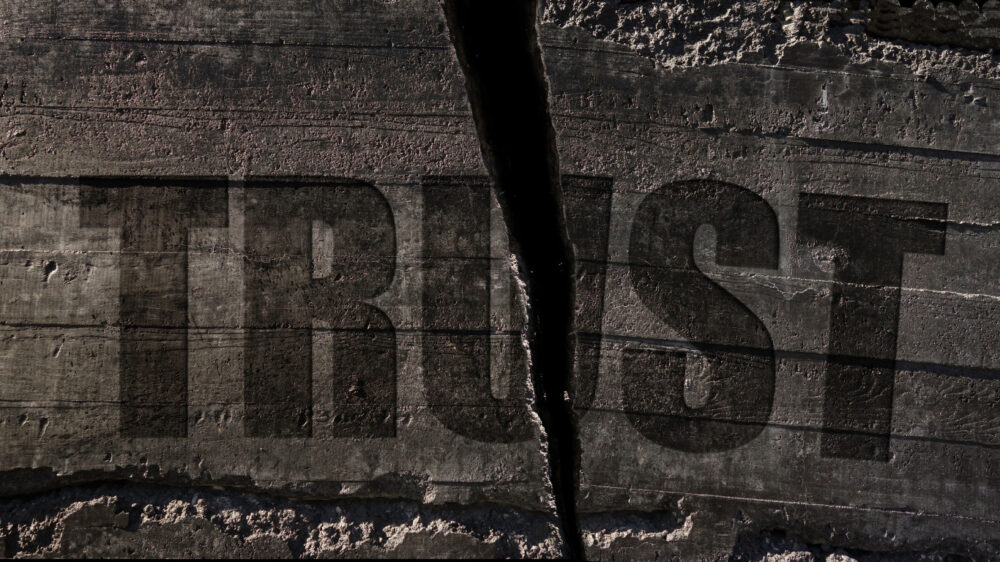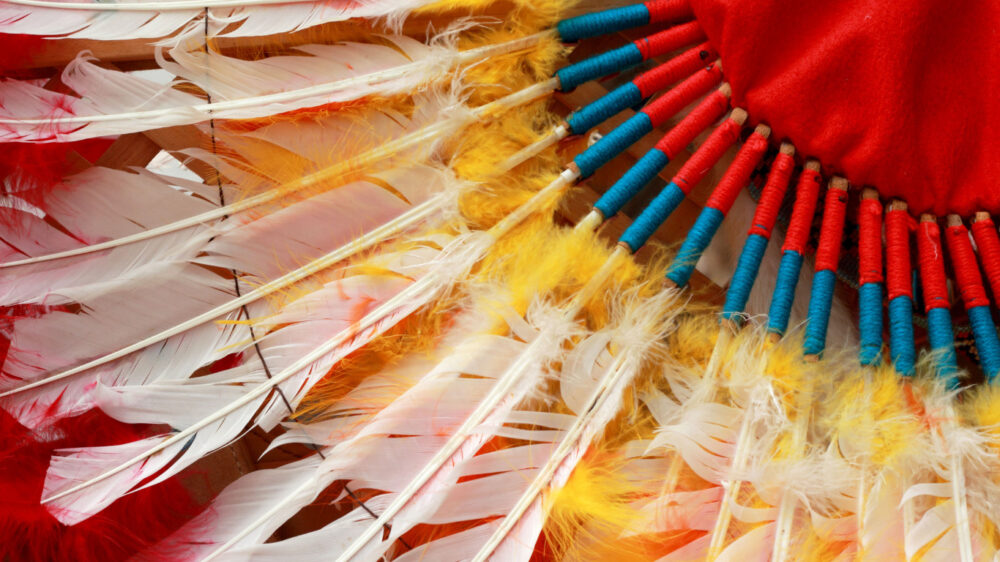

Breach of Trust in the Court of Federal Claims
A crucial aspect of Indian Law is the trust relationship between Tribes and the federal government. This relationship creates a fiduciary duty from the government to protect Tribal interests and assets. Unfortunately, breaches of this trust are common, leading to significant legal battles in the United States Court of Federal Claims.
The Court of Federal Claims is the Right Venue for Breach of Trust Claims
Breach of trust claims are often filed in the U.S. Court of Federal Claims (CFC). The United States waived its sovereign immunity in the Indian Tucker Act, which directs these cases to the Court of Federal Claims. If a tribe believes the U.S. government has breached its trust responsibilities, as outlined in treaties, statutes, or agreements, the tribe would need to file its claim in the CFC, as stipulated by the Indian Tucker Act. This ensures that their case is heard in a court equipped to handle these unique and complex issues.
What is the Court of Federal Claims
The Court of Federal Claims (CFC) hears cases against the United States government in breach of trust cases for Indian Tribes. The amount of damages must be more than $10,000 for jurisdiction in the CFC. Cases can be filed in the Court of Federal Claims no matter where a tribe is located in the U.S. There are no jury trials in the CFC; if a case goes to trial, the judge decides the verdict.

Talk to Our Indian Law Attorneys About Your Tribe’s Legal Needs at No Cost
Our Experience Representing Tribes in the Court of Federal Claims
The attorneys at mctlaw have litigated and resolved cases in the CFC for more than 20 years with millions of dollars won in settlements for our clients.
Altom Maglio, the Firm’s founding partner, was appointed to the CFC Advisory Council on Takings and Tribal Claims and continues to serve in that role. Mr. Maglio is also a former President of the Court of Federal Claims Bar Association and in 2019, he received the Court of Federal Claims’ Golden Eagle Award for his work on behalf of the Court.
Examples of Breach of Trust Claims in the Court of Federal Claims
Two examples of Indian breach of trust claims that went before the Court of Federal Claims are:
Seminole Nation v. United States: The Court of Federal Claims found that the government breached its fiduciary duty to the Seminole Nation when the government continued to pay the Tribal Council after the money was discovered to be misappropriated. Continuing to pay the money even though the government knew it was being fraudulently spent was determined to be a violation of the government’s trust relationship to the Tribe.
United States v. Mitchell: The case centered around the federal government’s failure to collect fair market value for grazing rights on tribal lands and to account for the revenue generated. The Court of Federal Claims ruled in favor of the tribes, holding that the government had breached its fiduciary duty and ordering the payment of substantial damages to the affected tribes.

Contact Us Today

Origin of the Trust Relationship Between Tribes and the Federal Government
The trust relationship between Native American tribes and the federal government has its roots in early treaties and agreements like the Indian Reorganization Act of 1934. These agreements were meant to ensure the protection of tribal lands, resources, and the general well-being of Native American communities. With these agreements, a trust relationship was created between Tribes and the federal government.
Tribes entrusted the federal government with the responsibility of managing their lands, overseeing Tribal programs, and safeguarding Tribal assets. This relationship was established based on the understanding that the government would act in the best interests of the tribes, but this has not always happened which has led to breach of trust claims brought to the Court of Federal Claims.
Our team of experienced Indian Law attorneys can help with matters like:
- Tribal Governance and Regulations
- Treaty Rights for Indian Tribes
- Natural Resource Management for Tribal Lands
- Cannabis and Hemp Production and Sales for Indian Tribes
- Environmental Protection and Cleanup on Tribal Lands to Protect Sacred Sites
- Resolving Tribal Enrollment and Disenrollment Disputes
- Tribal Housing Programs and Funding
- Tribal Healthcare and Strengthening Government Partnerships
- Doing Business in Indian Country
- Indian Child Welfare Protections
- Indian Gaming Compact Lawyers
- Breach of Trust for Tribes in the US Court of Federal Claims
- Federal Funding Opportunities for Tribes
- Tribal Fee to Trust Land Acquisition for Casino Gaming
- Gaining Federal Recognition for Native American Indian Tribes
- Misuse of Railway Easements on Indian Tribal Lands
- Federal Takings Claims on Native American Indian Reservations
- Land Allotments
- Wind Energy Ventures
- Native American Tribes and Employment Law
Content Reviewed by Jeffrey Nelson – Indian Law

Jeffrey Nelson leads the Firm’s Indian Law Group. He’s spent over 20 years of experience working in Washington, DC on Indian law and litigation matters, including as a Senior Attorney at the National Indian Gaming Commission and as an Assistant Solicitor at the Department of the Interior. Jeff now represents tribes across the country on Indian gaming and tribal governance matters. He also serves as the Assistant Attorney General for the United Keetoowah Band of Cherokee Indians in Oklahoma. Jeff earned his law degree at the University of Michigan Law School in 1997 and an LL.M. in Advocacy from Georgetown University Law Center in 1999.
This page was last updated:
Sources:
https://supreme.justia.com/cases/federal/us/463/206/
https://www.justice.gov/enrd/significant-indian-cases
https://www.justice.gov/enrd/jurisdiction
https://www.courts.ca.gov/documents/Key-Federal-Indian-Law-Cases.pdf


Contact Us Now

As an experienced leader in these types of lawsuits, we were confident the firm would have the expertise. However, what surprised us most was the high level of excellent customer service from the firm’s staff!
Pat R.
I can’t recommend this firm enough. They have an outstanding team that truly care for their clients…I have been awarded a fair six figure settlement.
Nate M.
When I say “they went to bat” for me…this Law Firm literally did just that. They persevered to bring the hard-nosed Manufacturer to settle and provide me some recompense for everything I had to endure which led to this suit.
Me’Chelle